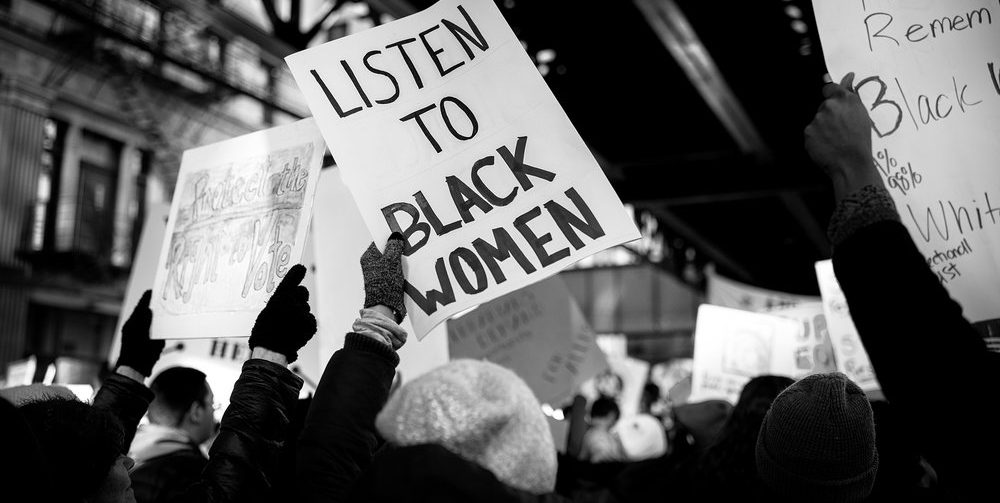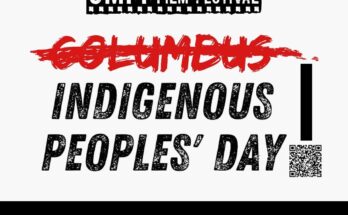Unmasking the Dangers of Foreign and White Adjacent Black Politicians
In the struggle for racial equality and justice, it is important to recognize that in the Black community, not all skin-folks are kin-folks. While representation of African Americans in politics is undoubtedly important, the rise of foreign-born Black politicians in the United States has raised concerns within the African American community. There are dangers posed by these politicians who, despite sharing a similar complexion, often prove to be anti-Black, white adjacent, and detrimental to the progress of the Black community.
The Stakes Are High
In the fight for reparations, policies, law enforcement reform, and restorative justice, the stakes are undeniably high for the African American community. These issues are deeply rooted in the long history of systemic racism, oppression, and discrimination faced by Black Americans. It is imperative that those who hold positions of power and influence truly understand and empathize with the African American experience in the United States.
The Danger of Ignorance
One of the primary concerns surrounding foreign-born Black politicians is their potential lack of knowledge about the African American experience. While they may share a common skin color, their upbringing, cultural background, and personal experiences may differ significantly from those born and raised in the United States. This disconnect can lead to a dangerous ignorance of the struggles, challenges, and historical context that shape the African American community.
Limited Black History in American Knowledge
Foreign-born Black politicians often have limited knowledge of the intricate nuances of Black history in America. The struggles and achievements of African Americans, the Civil Rights Movement, and the fight for equal rights have shaped the trajectory of the Black community. Without a deep understanding of this history, foreign-born politicians risk making decisions that undermine the progress made by generations of African Americans.
Anti-Black and White Adjacent
Another concern is the tendency of some foreign-born Black politicians to adopt anti-Black attitudes or align themselves with white adjacent ideologies. While it is essential to recognize the diversity and complexity within the Black community, it is equally important to remain united in the face of systemic racism. When Black politicians distance themselves from the issues that disproportionately affect African Americans, they perpetuate the cycle of oppression and hinder progress toward true equality.
Threats to Reparations, Policies, and Reform
The dangers posed by foreign-born Black politicians extend to critical areas such as reparations, policies, and law enforcement reform. Without an understanding of the historical context and the urgency of these issues, they may not prioritize the needs of the African American community. Their lack of firsthand experience with the injustices endured by Black Americans could result in watered-down policies, anti-reparations actions, and a failure to address the deeply entrenched systemic racism that permeates society.
African Americans continue to fight for reparations in repair for the free labor of enslaved Blacks to build this country. Those who do not support reparations should NOT be trusted by the Black community. The lack of support for reparations to African Americans clearly demonstrates anti-Blackness and is very dangerous.
Yes, diversity within the Black community is a strength, and we must be unified in foundational matters as a group of people across the diaspora. We must look at the impact of foreign-born Black politicians on the African American experience in the United States. Foreign Black politicians right here in Gwinnett County do not support reparations for African Americans. The dangers of anti-Black sentiment, white adjacent ideologies, and ignorance of Black history affect all members of the community. Without question, we need representatives who fully understand the strengths, struggles and aspirations of the African American community to have progress, equity and justice.





